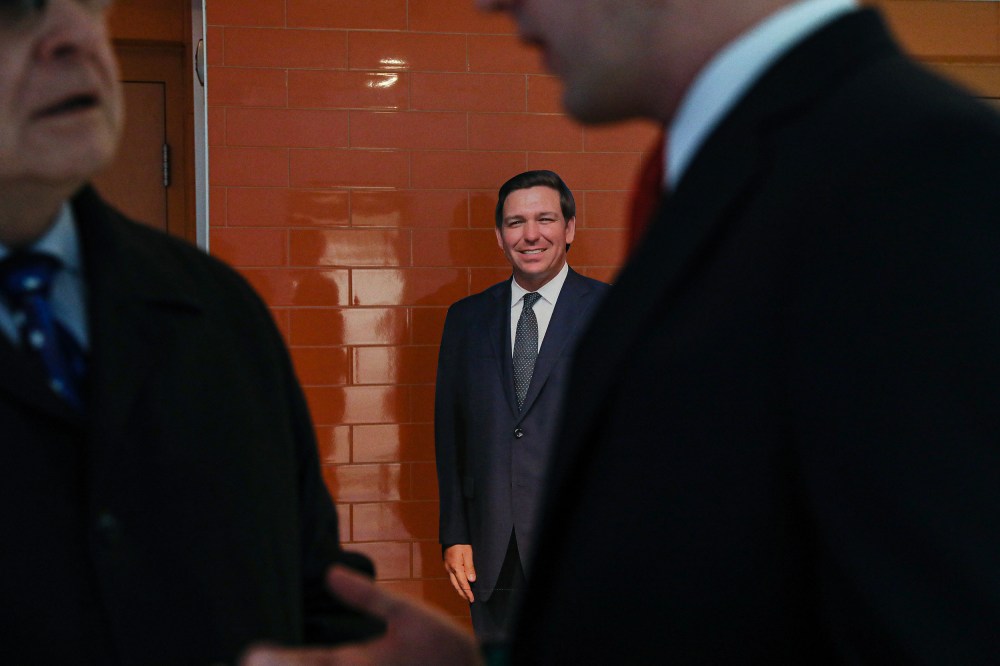The College Board’s announcement Wednesday of a revised curriculum for its new AP African American Studies course, after Florida Gov. Ron DeSantis rejected the initial curriculum, has partisans aflutter. Conservatives celebrated the changes — including the removal of topics like Movement for Black Lives, scholars associated with critical race theory and the Black queer experience — as a victory for DeSantis in the culture wars. Liberals denounced the curriculum, the first of its kind, as a “watering down” of necessary truths and an erasure of the Black experience.
If the changes were made for political reasons, then that’s cause for concern.
If the College Board chose to eliminate Black Lives Matter and articles on critical race theory from the official curriculum because, as its President Dean Coleman told The New York Times, those materials were “quite dense” and what works for “most people is looking directly at people’s experience,” fine.
If the changes were made for political reasons, then that’s cause for concern. But given the state of American education today and the way millennials like myself were taught history, this course’s existence represents progress and a truer sense of American identity. The way we are taught American history and identity is so bad that this national, structured education on the Black experience and African American contributions to our history is welcome.
In the late 1990s, I attended an elite public high school, one that is often criticized for using racist systems to admit students but was once labeled “the best high school in America.” My graduating class of nearly 1,000 high achievers had fewer than 15 students who were Black or biracial. (I’m of the Asian persuasion, but not the type that was the majority ethnicity in the school.)

The course offerings reflected this reality: Of the dozens of Advanced Placement classes available, none was taught by Black teachers and certainly none was on African American studies. Our closest approximation was AP American History, so lessons on Harriet Tubman would have to suffice. We spent weeks on the founding of the country, debating constitutional principles of federalism, states’ rights and the three-fifths compromise, but only as mechanisms to bring factions together to make the country whole.
We did not delve into ideas of power and how human beings experienced the cold calculus of being counted as only part-human. When we arrived at the Civil War, those of us who noted the Emancipation Proclamation didn’t free all enslaved people won kudos for reading critically, before the teacher moved swiftly on to military battles. We did not watch “Roots,” but we did watch “Birth of a Nation.”
Two weeks before we were meant to take the national exam, we barrelled through everything from 1950-1999. The events that most directly impacted our young lives — the post World War II baby boom that shaped our neighborhoods; the Civil Rights movement, Vietnam War and Cold War that molded our parents; the modern immigration rules that allowed our families to have access to this public school; the U.S. military intervention in Iraq we saw unfolding on television as young teens — all of that was “covered” in the crunch time right at the end of the year. We all knew modern history wouldn’t be on the exam, so why spend time teaching it?













